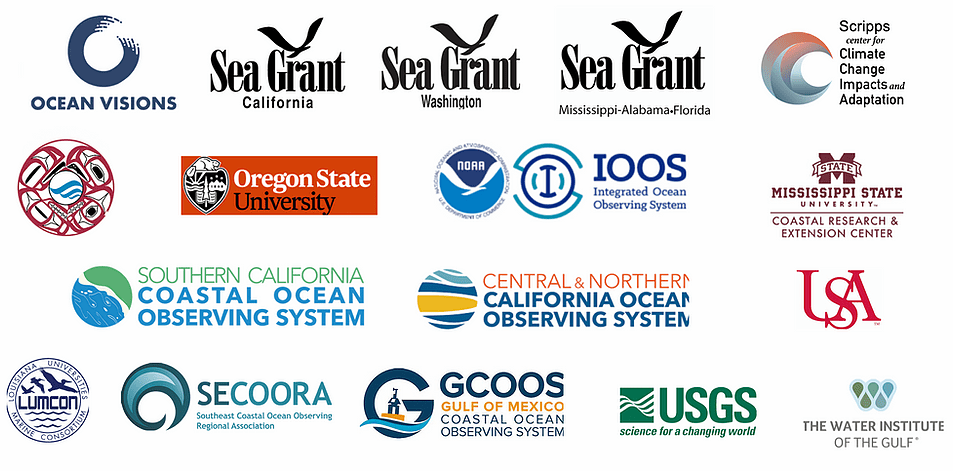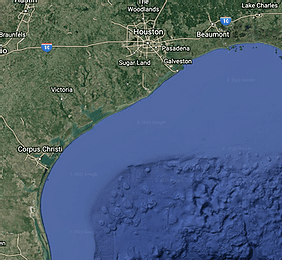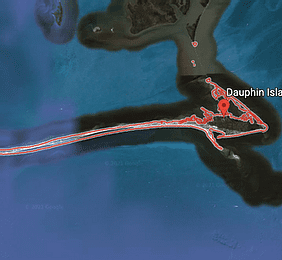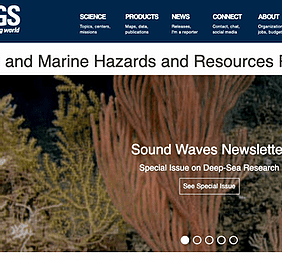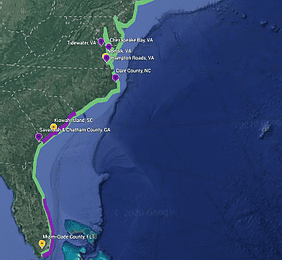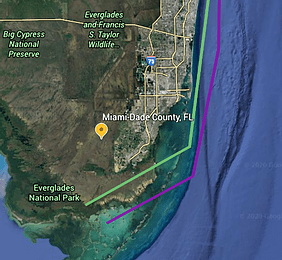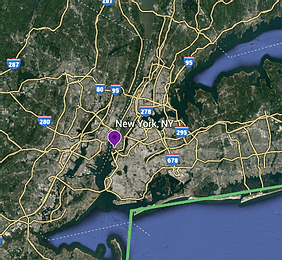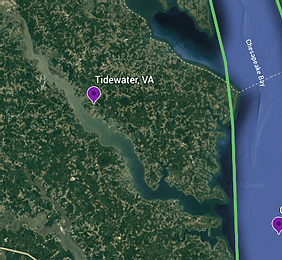Coastal Resilience Solutions
Overview:
Sea level rise (SLR), flooding, deposition, and erosion represent major threats to coastal communities and society along the world-ocean coastlines where the effects of climate change are increasing the frequency and amplitude of hurricanes, coastal storm surges, extreme rainfall, river discharge, and tidal-related flooding. It is critical and urgent that we develop the fundamental knowledge and tools to design optimal and equitable adaptive coastal resilience strategies against the threats of climate change that integrate innovations from science, technology and governance.
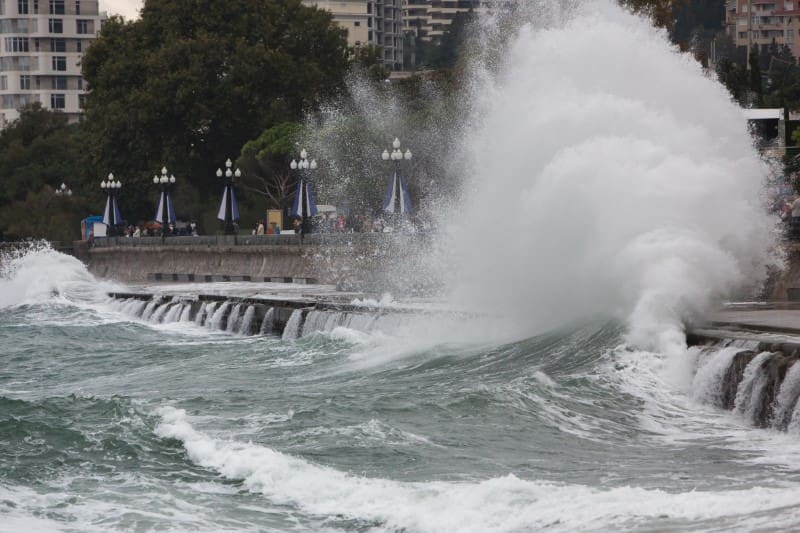
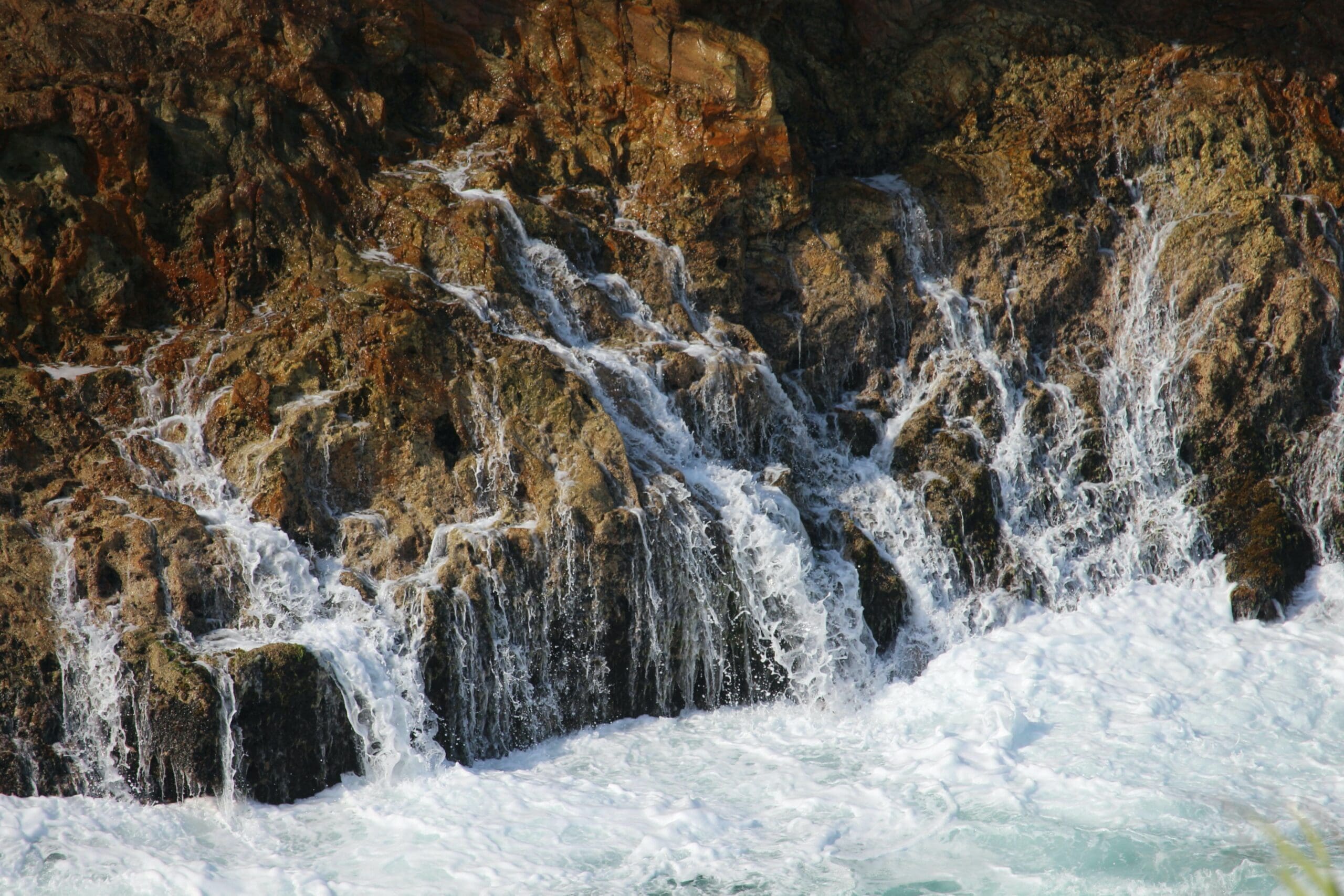
The creation and evaluation of coastal solutions strategies to the emerging pressures of climate is highly dependent on the specific attributes and needs of the target community (e.g. economic, social, environmental and technical). Planning adaptation and resilience across a range of scales along with integrating the human, infrastructure, and environmental dimensions of complex coastal communities, requires comprehensive planning frameworks that are informed by, and integrate, the input of sector-specific models, data, and analyses, combined with a well-structured interaction between domain-specific experts and end-users.
Objective:
The primary goal of this task force is to develop an integrated coastal research community focused on transforming knowledge into equitable solution actions for climate adaptation and resilience.
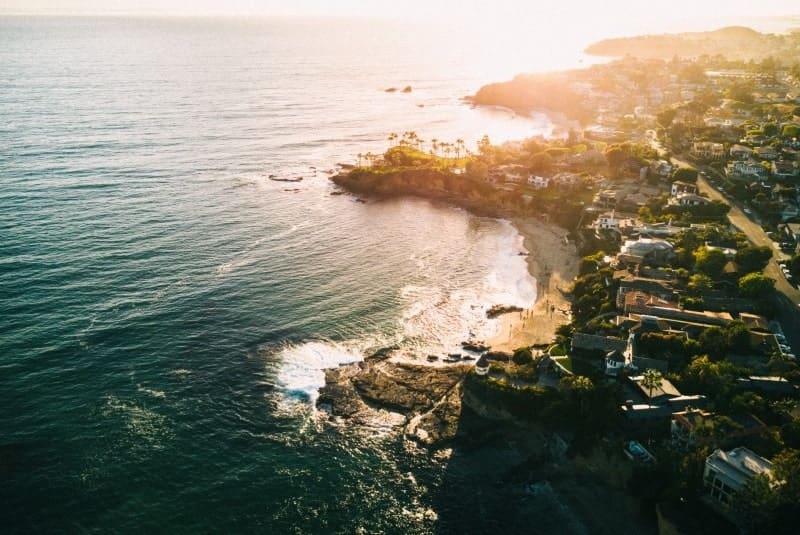
Status:
The primary goal of this task force is to develop an integrated coastal research community focused on transforming knowledge into equitable solution actions for climate adaptation and resilience.
December 2021
Release of draft plan for the U.S. National Pilot Program on "A Shared Roadmap for Equitable Coastal Solutions to Climate (December 2021)"
December 2021-February 2022
Draft open for public comments
February 2022 - April 2022
Publication of the National Pilot Program white paper and of the case studies from the workshops in journal Ocean Solutions Frontiers of Marine Sciences
February 2022
secure initial funding to begin the pilot
Co-Chairs

AR Siders

Mark Merrifield

Jill Gambill

Emanuele Di Lorenzo (Lead Contact)
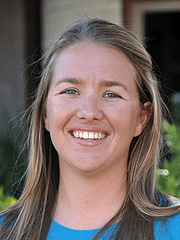
Renee Collini
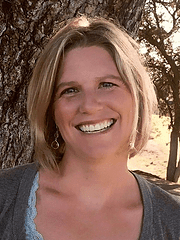
Laura Engeman
Coastal Solutions Workshop 2020-2021
In recent years, there has been significant progress in the United States coastal flood observations, modeling, and forecasting efforts with communities facing more frequent and severe flooding, inundation, and sea-level rise. Many of these products and observations are now designed in active partnership with local and state partners, and are intended to assist community stakeholders with addressing today’s coastal flood hazards and future flooding, inundation, coastal change, and sea-level rise. This workshop series served as a forum for assembling the research community working on these various efforts to improve integration and collaboration among these entities to better serve coastal stakeholders. The workshops showcased case studies for how these products are evolving to meet a range of coastal stakeholder needs for addressing contemporary and future coastal flood hazards.
Towards A U.S. National Pilot Program
Through the coastal solutions workshops, this Ocean Visions task force is collecting a series of case studies that illustrate how researchers and stakeholders are co-developing solutions to flooding along the U.S. coastlines. Informed by 50+ case studies (see below) ar that many shared challenges and opportunities can be addressed through the development of a U.S. National Pilot Program focused on co-designing and deploying A Shared Roadmap for Equitable Coastal Solutions to Climate. The program aims at engaging and funding 20-30 pilot coastal communities to work with experts networks of scientists, engineers, and practitioners (e.g. the human/people infrastructure) to deliver the coastal solution roadmaps. The first draft of this plan was discussed at the Ocean Visions Summit 2021 in Session 2a on May 18, 11AM – 2:30PM PDT. We will continue to update this website as the work of the task force evolves. Below is an overview video of the pilot. A video of the panel discussion will be posted soon.
Case Studies for U.S. East, West, & Gulf Coasts
This is a collection of case studies featuring projects or efforts where researchers and stakeholders are co-designing and/or deploying observing network and modeling for coastal flooding solutions along the US coasts.
Projects Case Studies satisfy each of the following characteristics:
Research that includes coastal observing networks and/or coastal modeling and prediction for coastal flooding and sea-level rise applications
Either ongoing projects both funded or unfunded, and/or terminated in the last 2 years
Projects wherein researchers co-design and/or co-deploy with stakeholders at the city/county/state level (federal stakeholders not included for now)
Each project case study should be a separate independent submission. If you have more than one case study you wish to contribute please submit separately (multiple submission allowed)
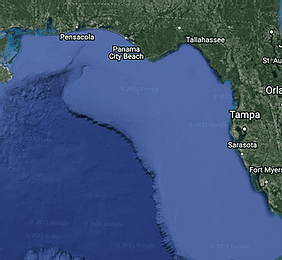
Adaptation of Coastal Urban and Natural Ecosystems (ACUNE)
June 18, 2021 Southwest Florida
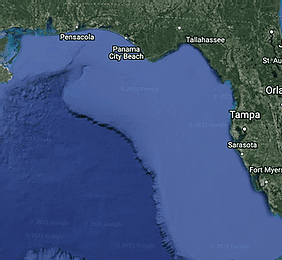
Engaging Stakeholders and Exploring the Effects of Sea-Level Rise in the Northern Gulf of Mexico
April 30, 2021 Coastal Mississippi, Alabama, and Northwest Florida
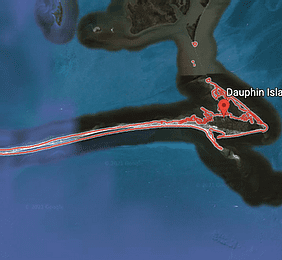
Dauphin Island Adaptation Pathway: Navigating sea-level rise uncertainty on barrier islands
April 23, 2021 Coastal Alabama
- Stephanie M. Smallegan: N/A
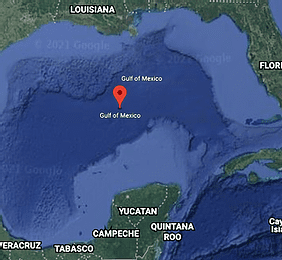
High-resolution (2 m) 3-D Mapping for Habitat, Biodiversity, and Flood Hazard Assessments of Coastal and Wetland Areas of the Southern US from Florida to Texas (3D Wetlands Spoke)
April 21, 2021 US Gulf of Mexico wetlands, Florida, Alabama, Mississippi, Louisiana, Texas
- Amin Kiaghadi: N/A
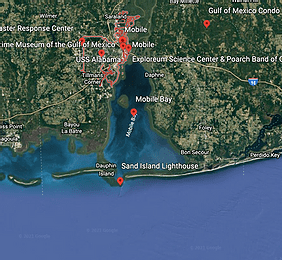
The WRF-Hydro Based Water Model Development For Coastal Flood Simulation
April 14, 2021 Mobile, Gulf of Mexico
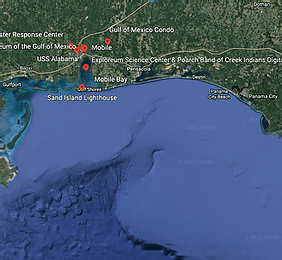
Communicating the Socio-Economic Impacts of Storm Surge Flood Plains under the Coastal Dynamics of Sea-Level Rise in the Northern Gulf of Mexico
April 3, 2021 Coastal counties of Northern Gulf of Mexico: Hancock, Harrison, Jackson MS; Mobile and Baldwin, AL; Escambia, Santa Rosa, Okaloosa, Walton, Bay, Gulf, Franklin, Wakulla, Jefferson, Taylor, FL.
- Diana C. Del Angel: N/A
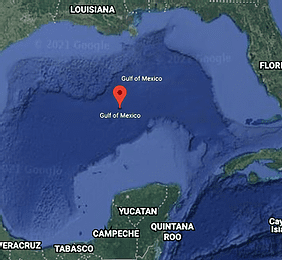
USGS Forecasts of Total Water Level and Coastal Change Hazards along the U.S. Gulf Coast
April 2, 2021 Sandy open-ocean coastlines along the Gulf of Mexico
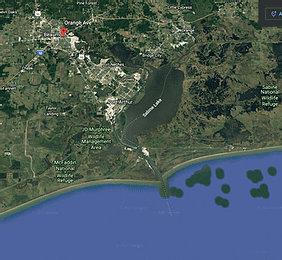
A coupled flooding modeling framework for assessing infrastructure resilience along Southeast Texas Coast
April 1, 2021 Southeast Texas, Jefferson and Orange Counties
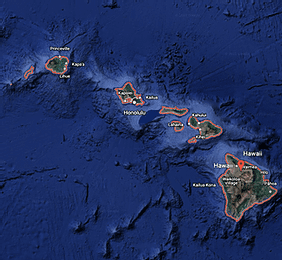
Democratizing access to ocean observing technology
March 31, 2021 Hawaii, and 14 coastal states on U.S. mainland
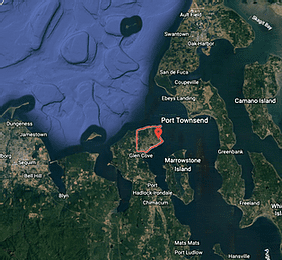
Port Townsend King Tides Monitoring Team
March 24, 2021 Port Townsend, WA
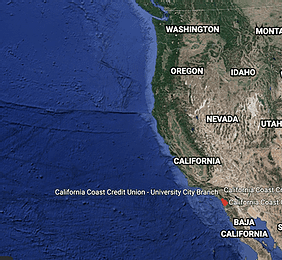
Climate-based statistical Modeling of Monthly Mean Sea Level
March 24, 2021 US west coast
- Sara Ortega van Vloten: N/A
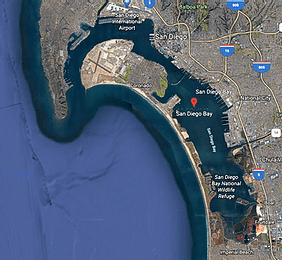
Resilient Futures: San Diego Bay
March 23, 2021 San Diego, CA
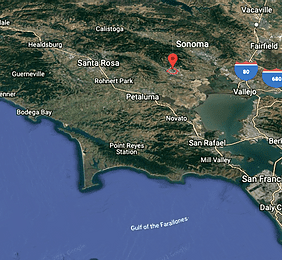
Observations and forecasts for highway flooding in San Francisco Bay
March 19, 2021 Marin & Sonoma Counties, California
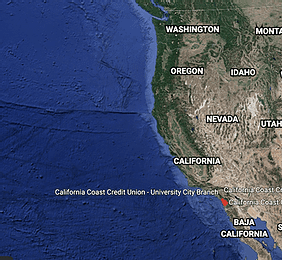
CDIP’s Buoy-Driven California Wave Model
March 19, 2021 California
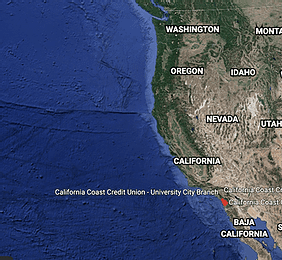
Operational total water level forecasts for the U.S. west coast
March 19, 2021 California, Oregon, Washington open coast
- Coastal Change N/A
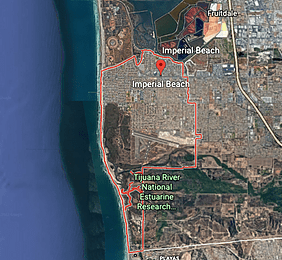
Imperial Beach Flood Forecast System
March 18, 2021 Southern California
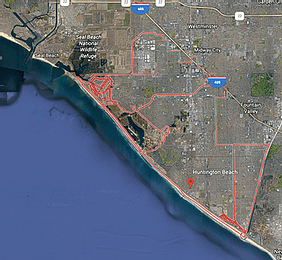
Compound Coastal Flood Modeling at Surfside-Sunset
March 17, 2021 Surfside-Sunset Huntington Beach, CA
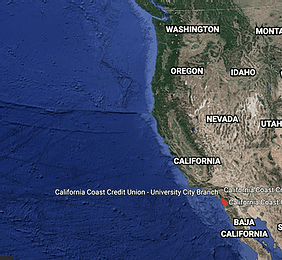
Coastal Storm Modeling System (CoSMoS)
March 17, 2021 California, but national expansion of derivative approaches underway
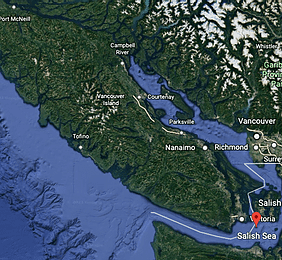
Puget Sound Coastal Storm Modeling System (PS-CoSMoS)
March 15, 2021 Salish Sea - Washington State, British Columbia, Canada
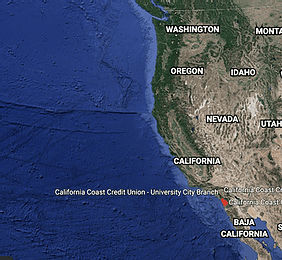
Coastal Ground Water Hazards (aka CoSMoS-GW)
March 17, 2021 California coast (incl. San Francisco Bay)
- Kevin Befus: N/A
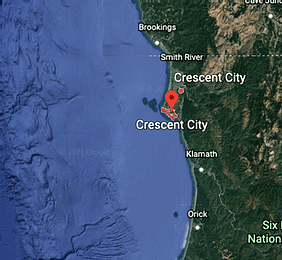
Hydro-UQ: A high-fidelity computational modeling tool to study coastal flooding phenomenon
March 17, 2021 Crescent city, California
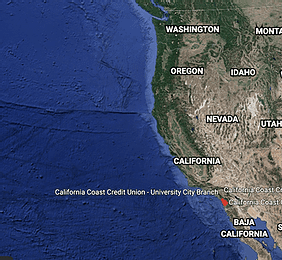
Real-Time Tsunami Evacuation and Maritime Response Decision-Support Tools
March 15, 2021 All coastal entities: 20 counties, 100 cities, and 70 harbors/ports
- Rick Wilson:N/A
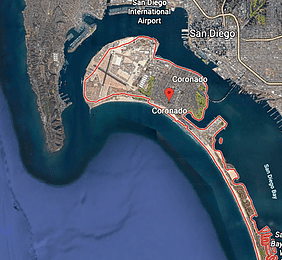
Combining a stochastic climate emulator with surrogate models of dynamic coastal simulators to drive coastal flood impacts research
March 15, 2021 Naval Base Coronado, San Diego, CA
- Peter Ruggiero: N/A
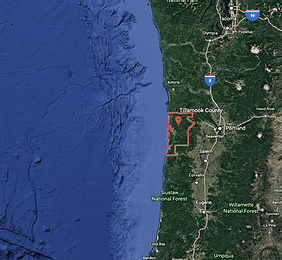
Envisioning a Resilient Pacific Northwest Coast: Co-developing alternative futures for adaptation planning and decision-making
March 14, 2021 Tillamook County, OR; Grays Harbor County, WA
- Peter Ruggiero: N/A
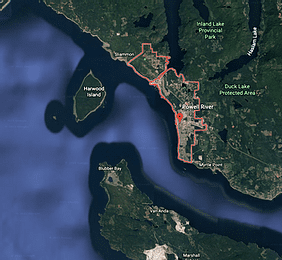
qathet Regional District Coastal Flood Mapping
March 10, 2021 qathet Regional District / Powell River, BC, Canada
- Daniel Potts:N/A
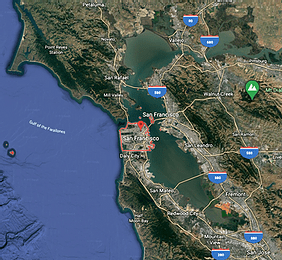
The Advanced Quantitative Precipitation Information (AQPI) Project Applied to Coastal Flooding
March 2, 2021 San Francisco Bay, CA
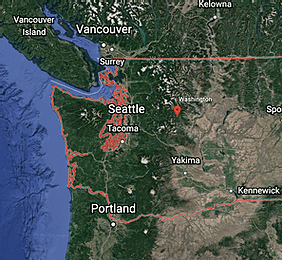
Extreme coastal water level guidance for Washington State
February 25, 2021 Washington State
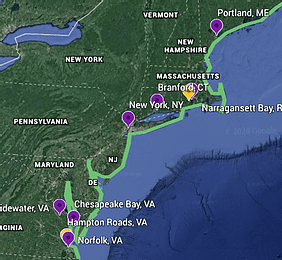
NECOFS-Coastal Inundation Forecast System: Predictions of Coastal Flooding for Past and Future Extratropical Nor’easter Storms
July 19, 2020 Northeast U.S. Model, NERACOOS (ME, NH, MA, RI, CT)
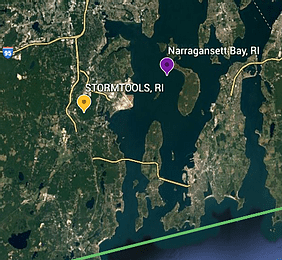
STORMTOOLS: An integrated suite of planning tools to assess risk and damage from coastal flooding, including the effects of sea level rise.
July 19, 2020 Rhode Island
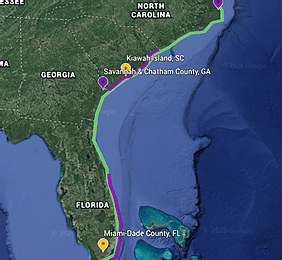
Developing an Integrated Coastal Water Predictive Capability to Promote Resilience to Water Risks
July 19, 2020 Southeast U.S. Model, SECOORA Model (NC, SC, GA, FL)
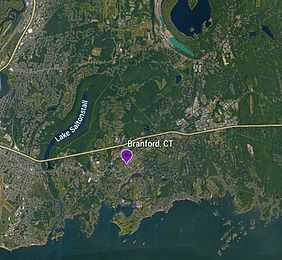
The Nonlinear Increase in Flood Risk with Mean Sea Level Rise and the Zone of Shared Risk Concept
July 19, 2020 Branford, Conneticut
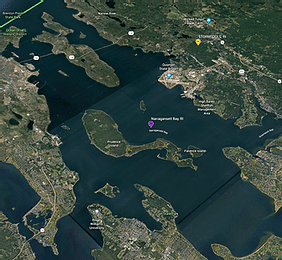
Real-Time Monitoring Network for the South Coast of Rhode Island and Narragansett Bay
July 19, 2020 Narragansett Bay and Southern Shores, Rhode Island
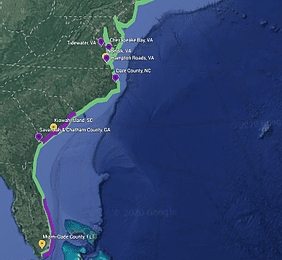
Flood Analytics Information System (FAIS): A Smart Application to Identify At Risk Locations/Communities to Flooding
July 17, 2020 Nation-wide, example for Hurricane
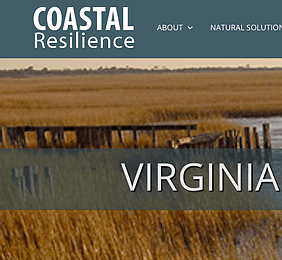
Coastal Resilience on Virginia’s Eastern Shore
July 10, 2020 Nation-wide, example for Virginia
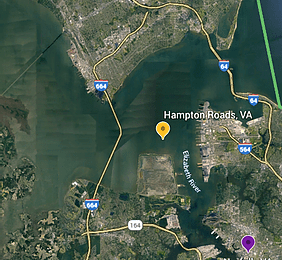
Evolution of Storm Surge Inundation under Relative Sea Level Rise and its Impact on Transportation Infrastructure
July 10, 2020 Hampton Roads, Virginia
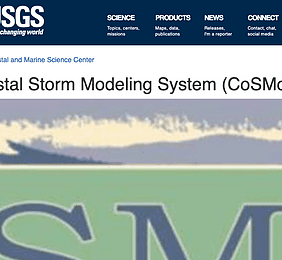
Assessing Future Coastal Hazards for the Southeast United States
July 9, 2020 U.S. East Coast
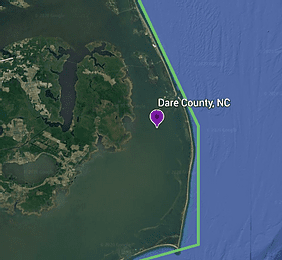
iFlood: A citizen-science approach to understanding groundwater contributions to flooding on barrier islands
July 9, 2020 Dare County, North Carolina
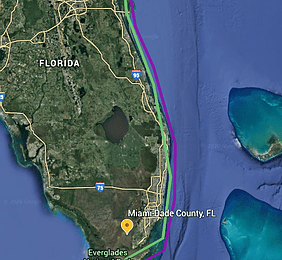
Climate Science Support to Stakeholders
July 8, 2020 South Florida Region, Florida (Palm Beach, Broward, Miami Dade, and Monroe counties)
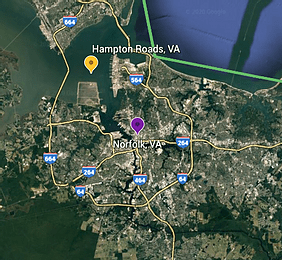
Envisioning Future Tidal Flooding: The Blue Line Project, Norfolk, Virginia
July 8, 2020 Norfolk, Virginia
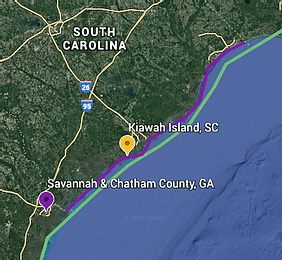
South Carolina Coastal Communities Water Level Observation System
July 6, 2020 Smartcoastline, South Carolina
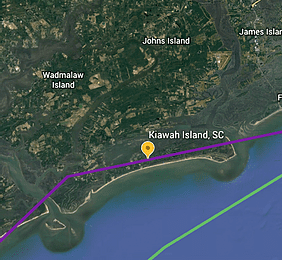
Flood Mitigation, KICA Water Management Task Force
July 6, 2020 Kiawah Island, South Carolina
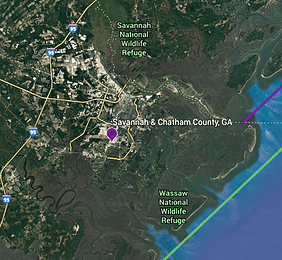
Smart Sea Level Sensors in Chatham County, Georgia
July 4, 2020 Savannah and Chatham County, Georgia
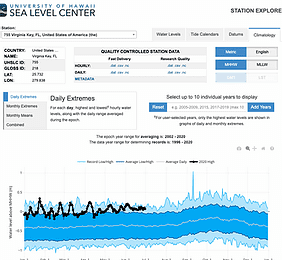
Visualizing the climatology and extremes of coastal water levels
July 2, 2020 Global Sea Level Observing System (GLOSS)
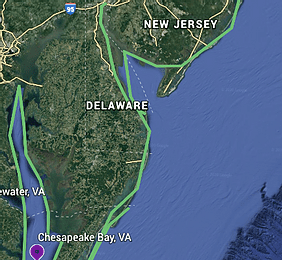
A Coastal Storm Hazard Early Warning and Monitoring System for Delaware
June 29, 2020 CFMS Model, Delaware
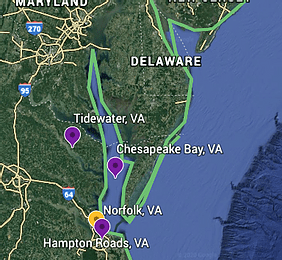
Tidewatch Maps tidal water level predictor for flood resiliency
June 25, 2020 Tidewatch, Virginia
Co-Sponsored and Organized by
